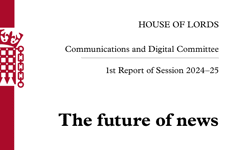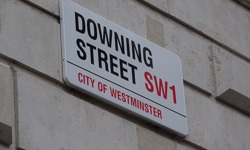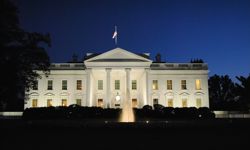
According to the 2023 World Press Freedom Index – which evaluates the environment for journalism in 180 countries and territories and is published on World Press Freedom Day (3 May) – the situation is “very serious” in 31 countries, “difficult” in 42, “problematic” in 55, and “good” or “satisfactory” in 52 countries. In other words, the environment for journalism is “bad” in seven out of ten countries, and satisfactory in only three out of ten.
Norway is ranked first for the seventh year running. But – unusually – a non-Nordic country is ranked second, namely Ireland (up 4 places at 2nd), ahead of Denmark (down 1 place at 3rd). The Netherlands (6th) has risen 22 places, recovering the position it had in 2021, before crime reporter Peter R. de Vries was murdered.
There are changes at the bottom of the Index, too. The last three places are occupied solely by Asian countries: Vietnam (178th), which has almost completed its hunt of independent reporters and commentators; China (down 4 at 179th), the world’s biggest jailer of journalists and one of the biggest exporters of propaganda content; and, says RSF, to no great surprise, North Korea (180th).
Christophe Deloire, RSF Secretary-General, said: “The World Press Freedom Index shows enormous volatility in situations, with major rises and falls and unprecedented changes, such as Brazil’s 18-place rise and Senegal’s 31-place fall. This instability is the result of increased aggressiveness on the part of the authorities in many countries and growing animosity towards journalists on social media and in the physical world. The volatility is also the consequence of growth in the fake content industry, which produces and distributes disinformation and provides the tools for manufacturing it.”
You can read the full RSF analysis here.
Keep up-to-date with publishing news: sign up here for InPubWeekly, our free weekly e-newsletter.












